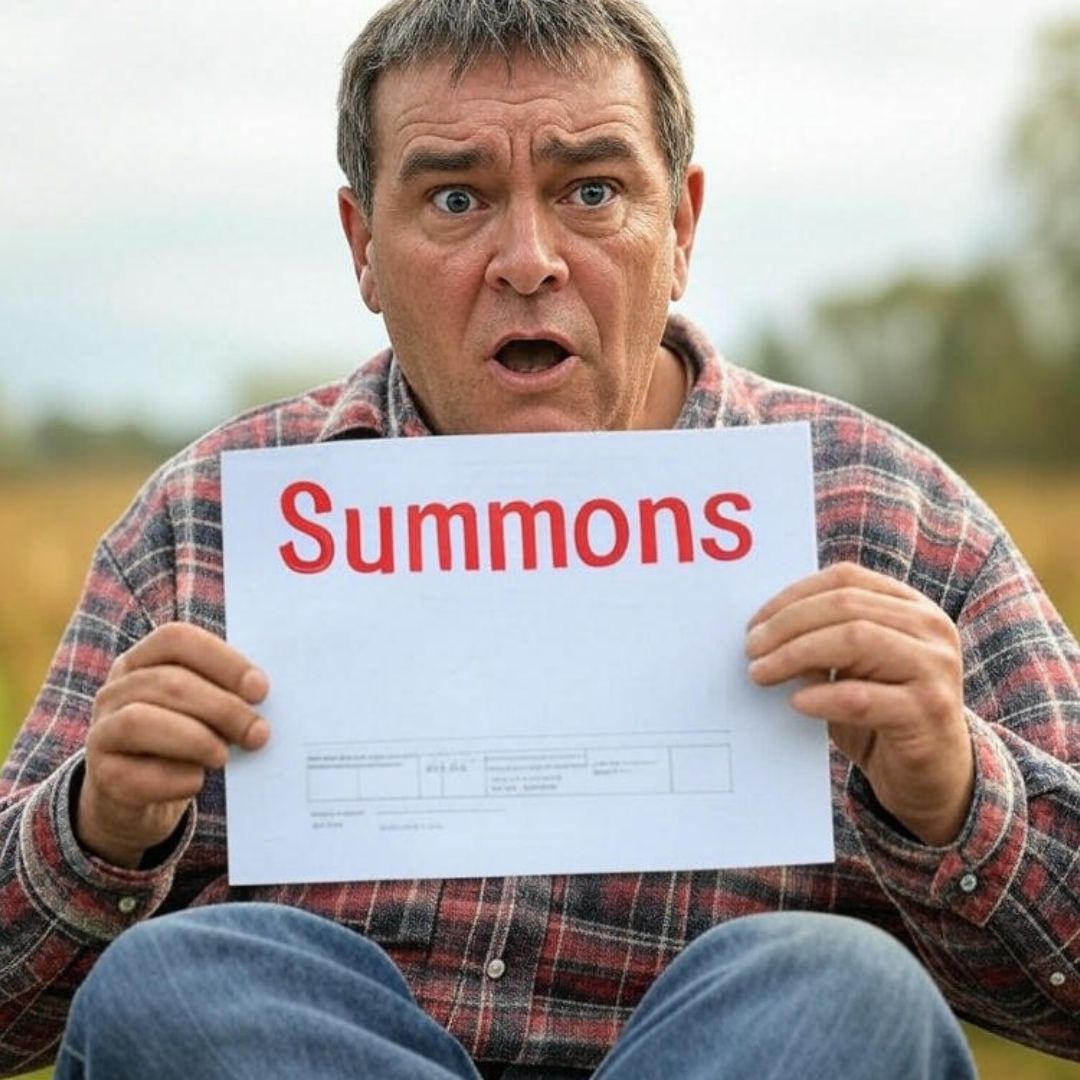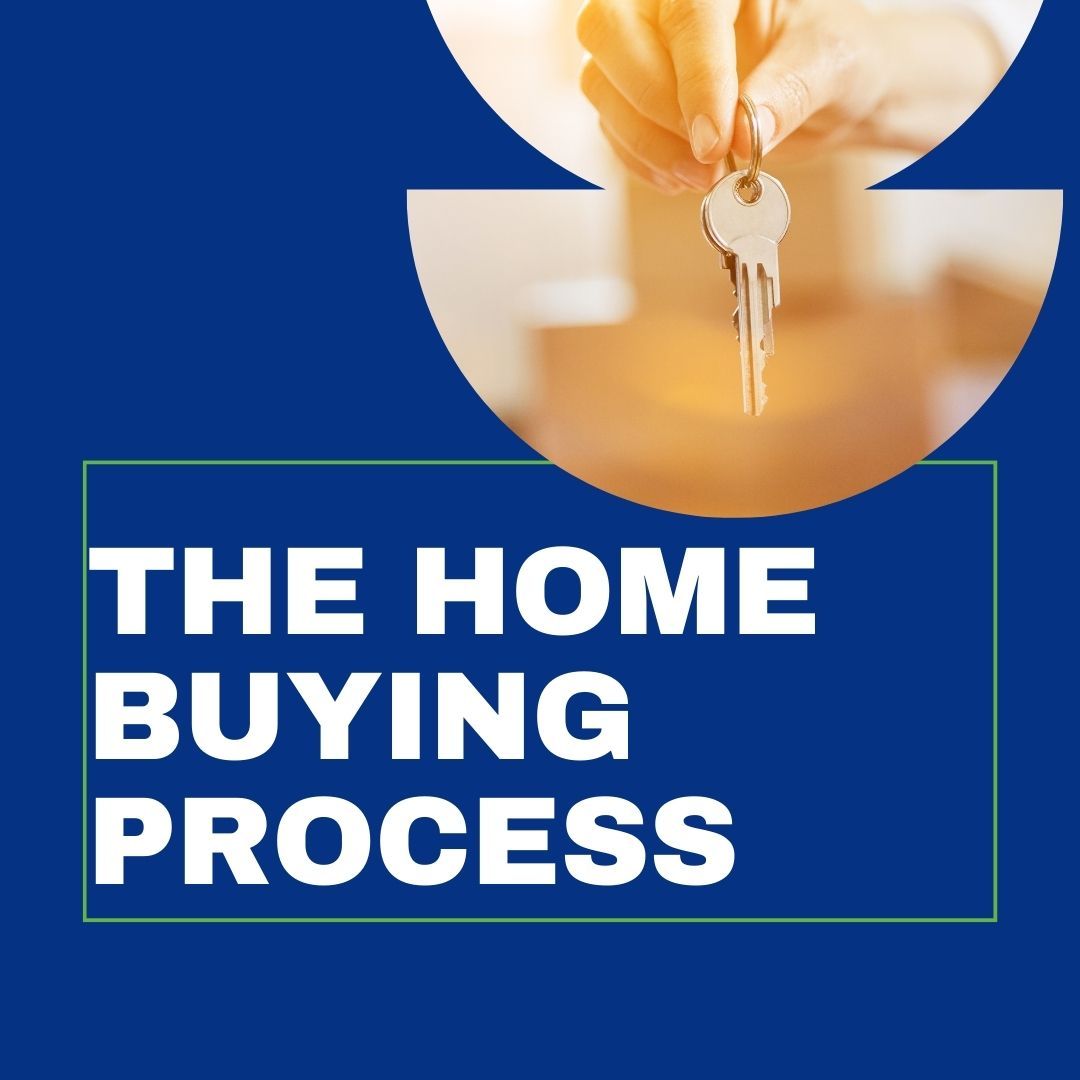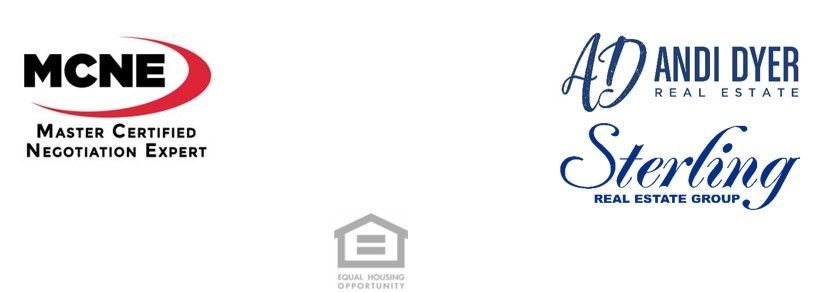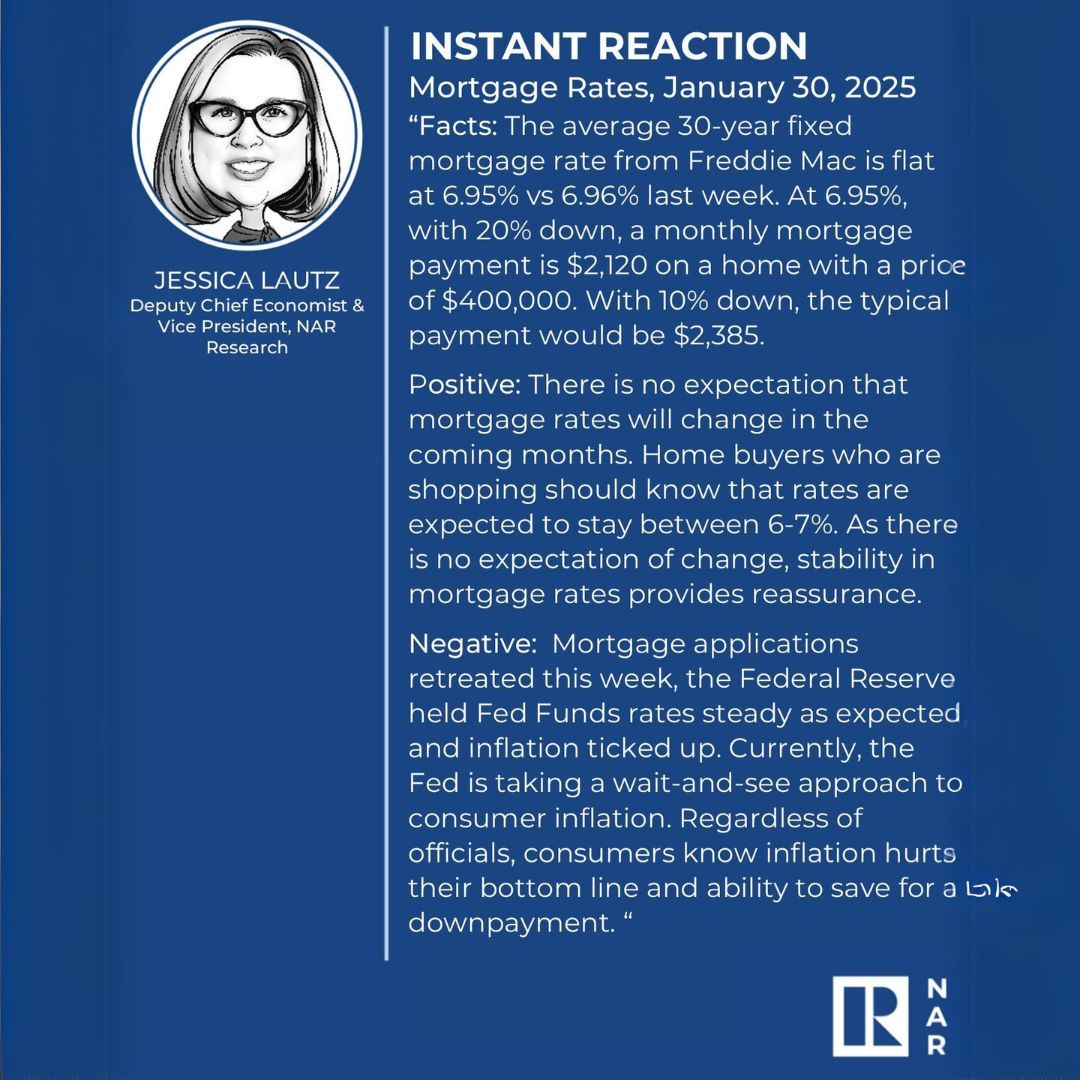CALL US TODAY · 360-734-6479
STEP 20 – TO BUYING A HOME – MAKE AN OFFER LIKE A BOSS
These 10 money and time-saving steps can help you craft a winning bid.
Ah, the offer!
Cinematically speaking, this is the iconic moment — we’d forgive you if you imagined, say, putting a hand on your agent’s shoulder and whispering (in your best Vito Corleone) that you’re going to make them an offer they can’t refuse.
Think Before Making Unreasonable Demands
People like to do business with people they trust. Don’t nitpick over small items like a torn window screen or a $50 valve on a hot water heater. That will just anger the Seller.
In reality, it’s not that simple (or dramatic). Your offer marks the beginning of a back-and-forth between you and the Seller, typically with real estate agents advising you both.
The more intentional you are about your offer, the better your chances of making a successful bid. Follow these 10 steps, and you’ll be well prepared — that’s a true story. (“The Godfather” again. We couldn’t resist.)
#1 Know Your Limits
I am here to help you craft a winning offer. You can trust my advice on price, contingencies, and other terms of the deal: It’s a mutually beneficial relationship. The more collaborative we are the more quickly you’ll be able to move.
But ultimately, it’s you who decides what the offer will be — and you who know what your financial and lifestyle limits are. Buying a home means mixing strong emotions with business savvy, so now is also a good time to reflect on your “musts.”
#2 Setting & Raising Your Price (Within Reason)
Homes always have a listing price. Think of it as the Seller’s opening bid in your negotiation to buy a home.
As the Buyer, your offer will include an offer price. This is the first thing home Sellers look at when they receive an offer.
I’ll help you determine whether the Seller’s listing price is fair by running comps (or comparables), a process that involves comparing the house you’re bidding on to similar properties that recently sold in the neighborhood.
Before you make an offer, talk with me about how high you’re willing to go if the Seller doesn’t accept your offer.
While you obviously don’t want to overpay for a house, you may have to up the ante — especially if you initially made a lowball offer. Lean on my available experience to determine how much money you should add to the sales price to make it more enticing to the Seller.
Through our powers of persuasion and using sound logic, I’ll make the counteroffer look even more attractive by pointing out similarly priced “comps” — recently sold homes in your area that are comparable in terms of square footage and features.
As I negotiate, it can feel like things are escalating quickly. It’s stressful. You may feel a sudden urge to do whatever it takes to win.
Before you go overboard, there are two things you must keep in mind:
- You can’t exceed the monetary confines of the pre-approved mortgage you received from your Lender.
- You shouldn’t overextend your budget.
Your counteroffer has to be an amount you’re comfortable spending on a home. You want that new house and to keep living your life. Plus: You’re not out of options yet.
Several factors can also affect your bargaining position and offer price. For example, if the home has been sitting on the market for a while, or you’re in a Buyer’s market where supply exceeds demand, the Seller may be willing to accept an offer that’s below the list price. Or if the Seller has already received another offer on the home that may impact the price you’re willing to offer. There are nuances in every situation we will go over together.
#3 Figure Out Your Down Payment
To get a mortgage, you have to make a down payment on your loan. For conventional loans (as opposed to government loans), making a 20% down payment enables borrowers to avoid having to pay private mortgage insurance (PMI), a monthly premium that protects the Lender in case the borrower defaults on the loan.
But 20% isn’t always feasible — or even necessary. In fact, the median down payment was 17% in 2021 for repeat Buyers and only 6% for first time Buyers, according to the National Association of REALTORS®. Your Lender will help you determine what the best down payment amount is for your finances. Depending on the type of loan you get , you may even be able to put down as little as 0% on your mortgage.
You might qualify for one of the more than 2,400 down payment assistance programs nationwide. Many of them make funds available to households earning as much as 175% of area median income. In other words, middle-income households. And the savings can be substantial: Home Buyers who use down payment assistance programs save an average of $17,766 over the life of their loan, according to real estate resource RealtyTrac. Find out more about down payment assistance programs in your state.
You can use an online mortgage calculator to see how different down payments would affect your mortgage premiums and how much you’ll pay in interest.
#4 Pick Up the Cost of the Home Warranty
Sometimes Sellers offer prospective Buyers a home warranty. This is a plan that covers the cost of repairing major home appliances and systems , like the air conditioner or hot water heater, if they break down within a certain period (typically a year after closing).
A basic home warranty costs about $300 to $800 a year. If it seems like waiving the home warranty can sweeten negotiations, but you still want the peace of mind of having one, tell the Seller they don’t need to cover it — then buy it yourself.
Just keep in mind, whether you or the Seller buy the warranty, you’ll need to pay the service fee (typically between $75 and $150) if something does, indeed, need to be repaired while under warranty.
Also, FYI: A home warranty is entirely separate from homeowners’ insurance. Homeowners insurance — the security blanket that covers your home’s structure and possessions in the event of a fire, storm, flood, or other accident — is required if you take out a mortgage. It can typically cost anywhere from $1,200 to $1,500 per year in Washington.
#5 Review the Contingency Plans
Most real estate offers include contingencies — provisions that must be met before the transaction can go through, or the Buyer is entitled to walk away from the deal with their EM.
When making an initial offer, you have the option to ask the Seller for concessions — a settlement paid in cash to help you offset your share of the closing costs. (This move is less feasible if you’re going up against multiple offers or a Seller’s market.)
For example, if an offer says, “This contract is contingent upon a home inspection,” the Buyer has a set number of days after the offer is accepted to do an inspection of the property with a licensed or certified home Inspector.
If something is wrong with the house, the Buyer can request the Seller to make repairs. But most repairs are negotiable; the Seller may agree to some, but say no to others. Or the Seller can offer a price reduction, or a credit at closing, based on the cost of the repairs. This is where your real estate agent can offer real value and counsel on what you should ask the Seller to fix.
Just remember to keep your eye on the big picture. If you and the Seller are bickering over a $1000 repair to the hardwood floors, keep in mind that’s a drop in the bucket in relation to the size of the bid.
In addition to the aforementioned home inspection contingency , other common contingencies include:
- A financing contingency , which gives home Buyers a specified amount of time to get a loan that will cover the mortgage.
- An appraisal contingency , where a third-party appraiser hired by the Lender evaluates the fair-market value of the home to ensure the home is worth enough money to serve as collateral for the value of the mortgage.
- A clear title contingency , where the Buyer’s title company verifies that the Seller is the sole owner of the property and can legally convey ownership to the Buyer.
Although contingencies can offer protection to Buyers, they can also make offers less appealing to the Seller because they give Buyers legal ways to back out of the sale without any financial repercussions. So, if you’re going up against multiple offers, making an offer with fewer contingencies can potentially give you an edge over the competition.
In other words: A chill offer is an attractive offer. But keep in mind you have to be comfortable with the risks that come with this strategy. If you don’t have a financing contingency, for example, and you can’t get a mortgage, you’d likely lose your earnest money deposit since you’re on the hook. (An outcome that’s decidedly un-chill for you.)
But ultimately, waiving contingencies depends on your market, your loan program requirements, your risk tolerance, and the circumstances of the house in question. And if you waive contingencies and then you find a problem, the Seller isn’t responsible for fixing it.
At a “Closing”, home Buyers have to pay for their closing costs, Lender’s fees, and title company fees. Closing costs vary by location, but you can expect to shell out between 2.5% and 5% of the home’s sales price. The Seller typically pays an additional 1% to 3%. (Whatcom Land Title & Chicago Title have simple calculators you can use to get a rough idea of what your closing costs might be.)
#6 Read the Fine Print About the Property
The Purchase and Sales Agreement states key information about the property, such as the address, tax ID, and the types of utilities: public water or private well, gas or electric heating, and so on. It also includes a section that specifies what personal property and fixtures the Seller agree to leave behind, like appliances, lighting fixtures, and window shades.
Carefully reviewing the property description also helps you know, for example, if the Seller plans to take that unattached kitchen island with them when they move. (Stranger things have happened.)
#7 Make a Date to Close
The Purchase & Sales Agreement you submit to the Seller must include a proposed Closing Date, which confirms when the transaction will be finalized. The clock starts as soon as the purchase agreement is signed.
An extension must be agreed to by both parties. If we don’t close on time the Seller can put the property back on the market.
A 30- to 45-day closing period is common because it gives the typical home Buyer time to complete a title search and obtain mortgage approval, but closing periods can vary. Being flexible, with respect to the Closing Date, could give you more negotiating power in another area of the deal.
One thing that’s the same no matter where you live is that you’ll have a three-day period prior to closing to review the Closing Disclosure, or CD — a form that states your final loan terms and closing costs.
#8 Write a Love Letter to the Seller
Want to make a truly compelling offer? Pull on the Seller’s heartstrings by attaching a personal letter to the offer documents. Tell a compelling story about yourselves and your connection to the area. Get deep about your roots.
Also, sincere flattery can go a long way. Compliment the Seller on how their kitchen renovation looks like it’s out of a magazine, for instance, or how their landscaping reminds you of a resort.
Your Agent can help you gather background on the Sellers (e.g., are they crazy about their labradoodle, like you are about yours? Did they run a small business from the home, like you dream of doing?). And you should — of course — refer to information you gleaned during the open house or private showing. Use this intel to write a message that really speaks to the Seller, and it may very well seal the deal.
#9 Brace Yourself for a Counteroffer & Know When to Walk
If you’re making a lowball bid or going up against multiple offers, the Seller may decide to make you a counteroffer — a Purchase & Sale Agreement with new terms, such as a higher sales price or fewer contingencies.
When negotiating with a Seller, trust your gut. And don’t worry if I think a deal is bad for you, I will let you know. I have strong opinions.
At that point, it’s up to you to accept the new contract or make a counteroffer to the Sellers.
And if you don’t want to make any more trade-offs — and the Seller won’t budge — it’s smart to walk. That can be a tough decision to make, and rightfully so! Negotiating is tough. It’s draining.
And losing something you’ve worked hard to get can be disappointing. But don’t worry. There’s a better deal for you out there. And after those strong feelings of frustration pass, you’ll realize: Now I know how to do this.
#10 HOA’s Mean Business
Don’t fudge Fido’s weight if there’s a weight restriction where you’re buying. If you move in based on a fib, the condo or homeowners association can make you get rid of your dog or move. Really.
- Have a top limit to your offer price because you’re also saving for retirement and love beach vacations? Stick to it.
- Want a vegetable garden or to paint your home’s exterior purple? Make sure your homeowner’s association rules permit it.
- Besides reading HOA rules, find out how much the HOA has in reserves to cover common area repairs. You don’t want to be slapped unexpectedly with a special assessment.
- Want a dog-friendly community? Make sure no pet weight limits are preventing you from cohabitating with your (extra-large) canine bestie.
Fabulous! You’ve found the perfect home and want to put in an offer. Before we can put an offer in on a home, there are a few things we need you to email us:
Full legal name: Please email us the full legal name of anyone who will be on the contract, as well as their phone number and email address. The legal name has to match what is on your driver’s license as you’ll need to show your driver’s license or passport at closing, and this name needs to match what is on the contract.
Initial offer price: What initial price do you want to offer for the home? Let’s have a discussion about the sale to list price in the neighborhood if we haven’t already as that will tell you a lot about whether you should expect to pay below asking price, asking price, or above asking price based on today’s market. I will also email you comps to review.
Your walk-away price: Don’t expect to pay your initial offer price as it’s extremely rare for a Seller to accept your initial offer without some negotiating back and forth. That’s why it’s called an initial offer. In addition to deciding what offer you want to put in to start, you need to decide now how much you’re willing to pay for this property and what your walk-away price is before things get heated and emotional.
Closing date: Typically, in Whatcom, closing takes place around 30-45 days from contract acceptance. Closings can only take place Mon – Fri; they cannot take place on weekends or bank holidays when the banks are closed.
Therefore, if you want to move around July 1, plan on putting in offers May 10–15. While some local Lenders we use can do closings faster (usually 21 days is the fastest a closing can be done with a mortgage), most Lenders can’t close that fast and need 30–45 days. If you want to close faster than 30 days, please let me know as we’ll need to direct you to particular Lenders in town who are capable of closing quickly.
If you’re not getting a loan and are paying 100% cash, you can close as quickly as 14 days (or sooner).
Usually, we cannot specify a specific time for the closing as that depends on when the title company is available, so plan to take the entire day off of work as a closing time won’t be assigned until 2-3 days before closing. Closings can take place anytime from 9 am – 4 pm and usually take 1-2 hours. If you cannot attend the closing, we need to know that 2-3 weeks in advance so we can ask the Lender to approve a Power of Attorney so a family member or your attorney can sign the documents on your behalf.
Earnest money: How much earnest money are you comfortable putting down on this property? Typically, the EM is between $1,000 to a maximum of 5% of the purchase price.
This money is typically due within 2 days of Mutual Acceptance. This money is refundable if you do the inspection and decide to walk away from the contract based on the inspection results.
Down payment: For the contract, we need to know how much you’re going to put down for your down payment.
Closing cost credits: Do you want to ask the Sellers to pay any of your closing costs? Generally, the Sellers pay their closing costs, and the Buyers pay their own closing costs; however, we can ask the Sellers to pay some of your closing costs on top of theirs, if needed.
Home warranty: Do you want to ask the Seller to provide a home warranty on the property? Depending on the type of property you’re buying, this usually costs between $500 – $800. A home warranty plan refers specifically to your individual contract. For many standard home warranty plans, this may include coverage of all the parts and components of your home’s electrical, plumbing, heating, and air conditioning systems as well as many other home appliances.
Contingencies: Any other contingencieswe need to be aware of? Do you need to sell your current home before we can buy this home?
Once we’ve talked through the above and you’ve emailed us your answers, we’ll write the contract and have you sign it via a program called Authentisign. We’ll then submit it to the Seller’s agent. While negotiations sometimes go quickly, be prepared that it often takes 2-8 days to negotiate the purchase price and terms of the contract. Every Seller is different, and some people can make decisions quickly, whereas others need time to think things through. Patience is the name of the game once an offer has been submitted as we don’t want to look too eager as it weakens our negotiating position!
Questions? Contact us at andi@andidyer(dot)com or 360-734-6479.
HOUSELOGIC helps consumers make smart, confident decisions about all aspects of home ownership. Made possible by REALTORS®, the site helps owners get the most value and enjoyment from their existing home and helps Buyers and Sellers make the best deal possible.
This content is not the product of the National Association of REALTORS®, and may not reflect NAR’s viewpoint or position on these topics and NAR does not verify the accuracy of the content.
Copyright © 2024 Andi Dyer and Sterling Real Estate Group. All rights reserved.





Proudly serving the great people of Bellingham, Ferndale, Lynden, Blaine, and Whatcom County, WA
Office Location
Bellingham Office
RE/MAX Whatcom County, Inc.
913 Lakeway Drive














